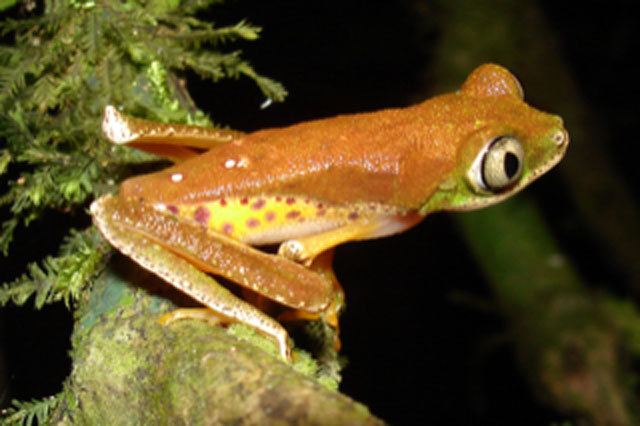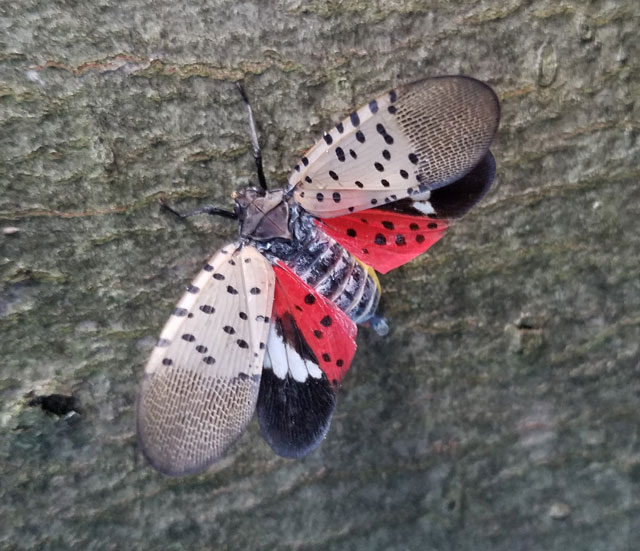Podcast: Play in new window | Download
Subscribe: Apple Podcasts | Spotify | Email | RSS | More
Esther Racoosin speaks with Dr. Kelly Zamudio, Professor in the Cornell Department of Ecology and Evolutionary Biology.

Dr. Zamudio studies how emergent pathogenic chytrid (KIT-rid) fungi species are affecting amphibian populations in the Americas.
During the interview, Zamudio talks about how the principle of One Health is essential for both guiding the preservation of amphibian biodiversity around the world, as well as protecting human health.
Candice Limper speaks with Dr. Jody Gangloff-Kaufmann who is who is a New York State Integrated Pest Management program official.

Gangloff-Kaufmann talks about a new bug in town called the spotted lanternfly, which is an invasive plant hopper that is native to China and likely arrived in North America hidden on goods imported from Asia. While this is a beautiful bug with all its spots and colors, it is posing a problem for some businesspeople in the local area. The reason for this is because it is eating plants such as those in the vineyards and orchards, which is not so great for business.

